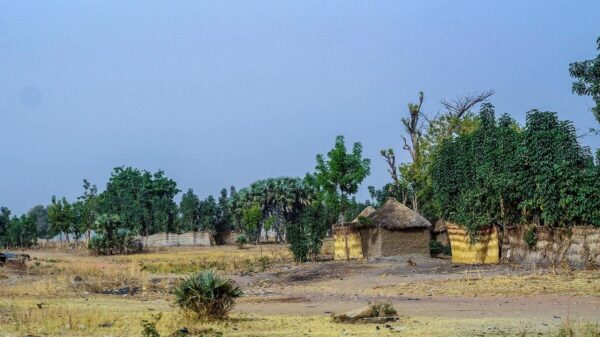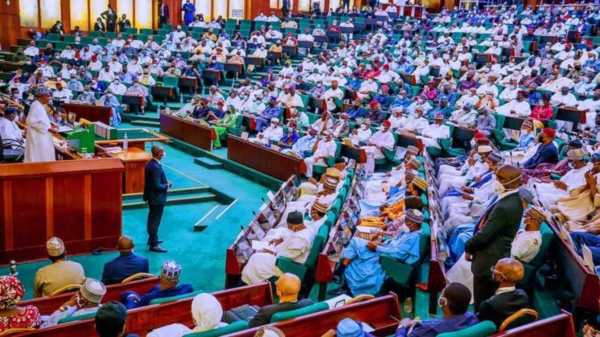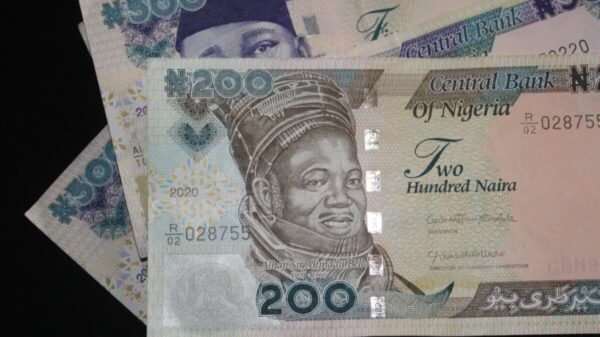Major takeaways
- While Nigeria is currently a mixture of different ethnic groups, that is how nations have been built over time.
- We examine the history of a couple of modern day nations — Britain, France, Germany, and the United States.
One of the common gripes with Nigeria in the general intellectual sphere is that it is not a true nation.
Going by conventional wisdom, a true nation is one that is largely homogeneous in its makeup and has a shared vision and goals. Going by this definition, the ‘babble of tribes’ that is Nigeria does not quite fit the bill, and as such, the validity of its existence is often called into question.
Chief Obafemi Awolowo, while writing on this subject in his 1947 book, Path to Nigerian Freedom, made the popular quote:
“Nigeria is not a nation, it is a mere geographical expression. There are no “Nigerians” in the same sense as there are “English” or “Welsh” or “French”. The word Nigeria is merely a distinctive appellation to distinguish those who live within the boundaries of Nigeria from those who do not.”
This was the prevailing view at the time this was written, and it is still largely the prevailing view today.
For most detractors of the Nigerian possibility of nationhood, the ideal nation is one that comes together as a result of the consent of its constituent parts.
While this may sound intuitive, it is very hard to find examples of this in the real world. Most countries that we tout as nations today did not come together as a result of the mutual agreement between their constituent parts. Rather, they often arose either as a result of conquest by one part, or as offshoots of colonial projects by a larger power.
England for example, started out as a colonial project of the Romans. The Romans united the different Celtic tribes that inhabited the Island into the Roman province of Britannia. As the Roman empire fell, the Romans abandoned the British, thus giving them their independence (sound familiar?).
Over time, this would evolve to the current state of England/Great Britain as we know it today.
The same can also be said for a country like France. It was also the Roman Province of Gaul. Before the Romans, it was inhabited by numerous tribes who were conquered by Julius Caesar and absorbed into the Roman Empire.
When the empire fell, it also went through a process of evolution to become the modern day France that we are familiar with today.
To be fair, there are some modern nations that could be seen to have come together due to the agreement of their constituent parts. But these are generally in the minority. An example of this is Germany, which came together under the Prussian leadership of Otto Von Bismark in the lead up to the Franco-Prussian war.
I also should not forget to mention the elephant in the room — the United States. The United States started out as a successful rebellion against the rule of the British. After the war, the successful rebels met and agreed to establish a confederal system of governance for the new country.
Note that while this has an air of voluntariness surrounding it, force and warfare were used to maintain the country’s unity in the US Civil War.
So, what can we take away from this? Is Nigeria doomed because it is made up of different distinct ethnicities?
I think not.
Nations like the British, the French, and the vast number of other nations we admire today started out as different tribes that were initially united by an empire and they have evolved to their present state.
While we may not be happy with the present state of Nigeria, being bequeathed with the role of the largest black nation in the world is not something we should take for granted.
I strongly believe that over time, Nigeria would evolve to the point where our ethnic differences would be harmonised and we will in time become a nation we can all be proud of.
It might take a long time, but we will surely get there.
Olamide Olanrewaju is a Lawyer, writer, and computer programmer. He has a passion for learning, and maybe playing some video games when he has the time.




























